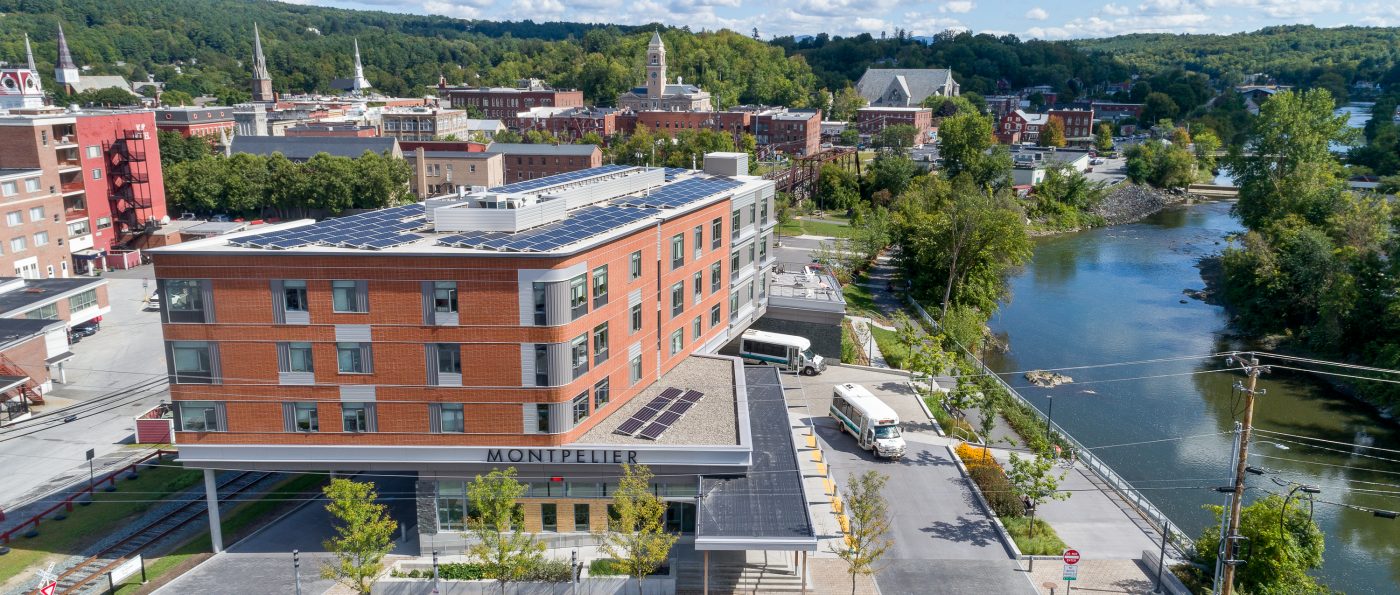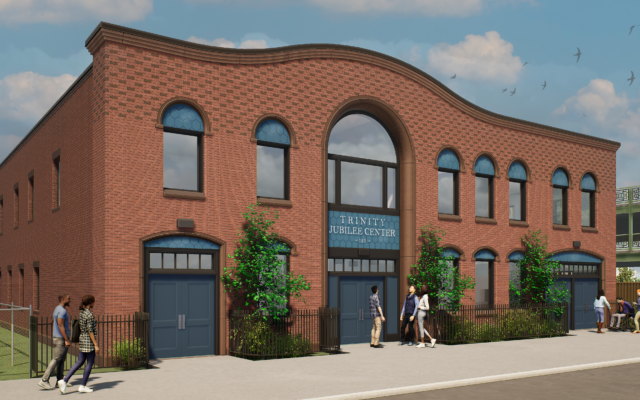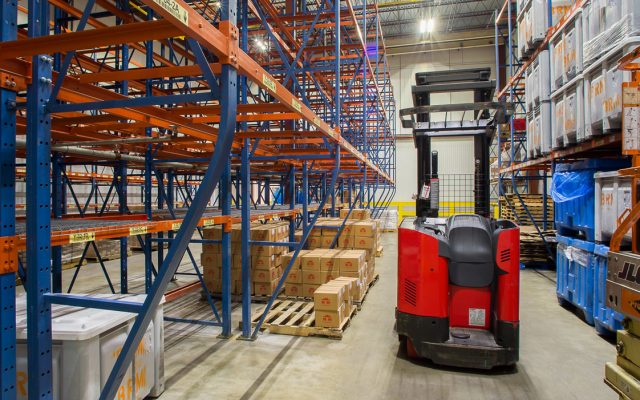This year, I signed up for solar panels and a heat pump, which will be installed next spring; it was so easy. And I will fully benefit from the available tax credits and rebates, despite my upper-income status.
Compared to a lower-income household living in a multifamily building, I use twice as much energy each year. The statistics confirm that upper-income households are responsible for double the amount of greenhouse gas.
Another measure of energy usage is the amount we spend to heat, cool and power our homes and fuel our transportation. Not surprisingly, lower-income households in Vermont spend a much higher percentage of their resources. This “energy burden” is, in fact, three times higher for low-income Vermonters than it is for upper-income ones.
If we agree that equity should be a guiding principle, then how might we shape our energy and climate policies going forward?
Residential buildings account for one-fifth of the nation’s greenhouse gas emissions. Reducing the carbon footprint of our residential buildings is a critical component of the state’s Climate Action Plan. But many components of Vermont’s energy plan do not center equity as a goal, which means the implementation may further burden low- and moderate-income households.
Decarbonization of our buildings through electrification is a central strategy for climate action. While it sounds straightforward to “just add a heat pump” as part of the electrification strategy, some lower-income households may live in older homes that need significant investment in the thermal shell before adding a heat pump. The 7% of Vermont households living in mobile homes may find it even harder to electrify. In some homes, electrification may actually increase the annual operating costs to the homeowner or renter.
Many states are doing good work on energy equity, including Massachusetts, Connecticut and New York, by embedding energy equity working groups into climate action strategies.
The Inflation Reduction Act, which includes millions of dollars for reducing greenhouse gas emissions from buildings, targets a significant portion of those incentives to low- and moderate-income households. Here in Vermont, we have started this discussion but, in my opinion, there is much more work to be done.
All Vermonters want to be and should be part of climate change solutions, but some of us consume less and have fewer dollars to contribute — and without recognizing this fact, we’ll be perpetuating inequities. Let’s design our policies in ways that embrace energy justice.
Kathy is the senior vice president of real estate development for Evernorth, a nonprofit organization that provides affordable housing and community investments in Vermont, New Hampshire and Maine. She lives in Hinesburg.
The original opinion piece ran in the “VT Digger” on 1/11/23 and can be found here:: https://vtdigger.org/2023/01/11/kathy-beyer-vermonts-clean-energy-transition-must-address-inherent-inequities/




